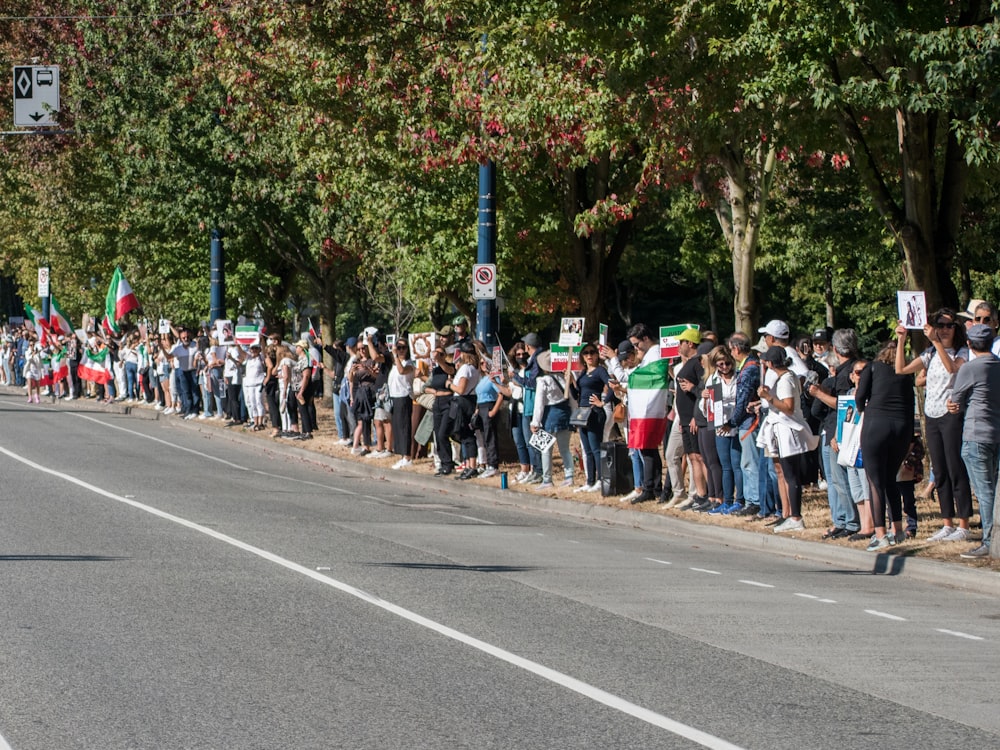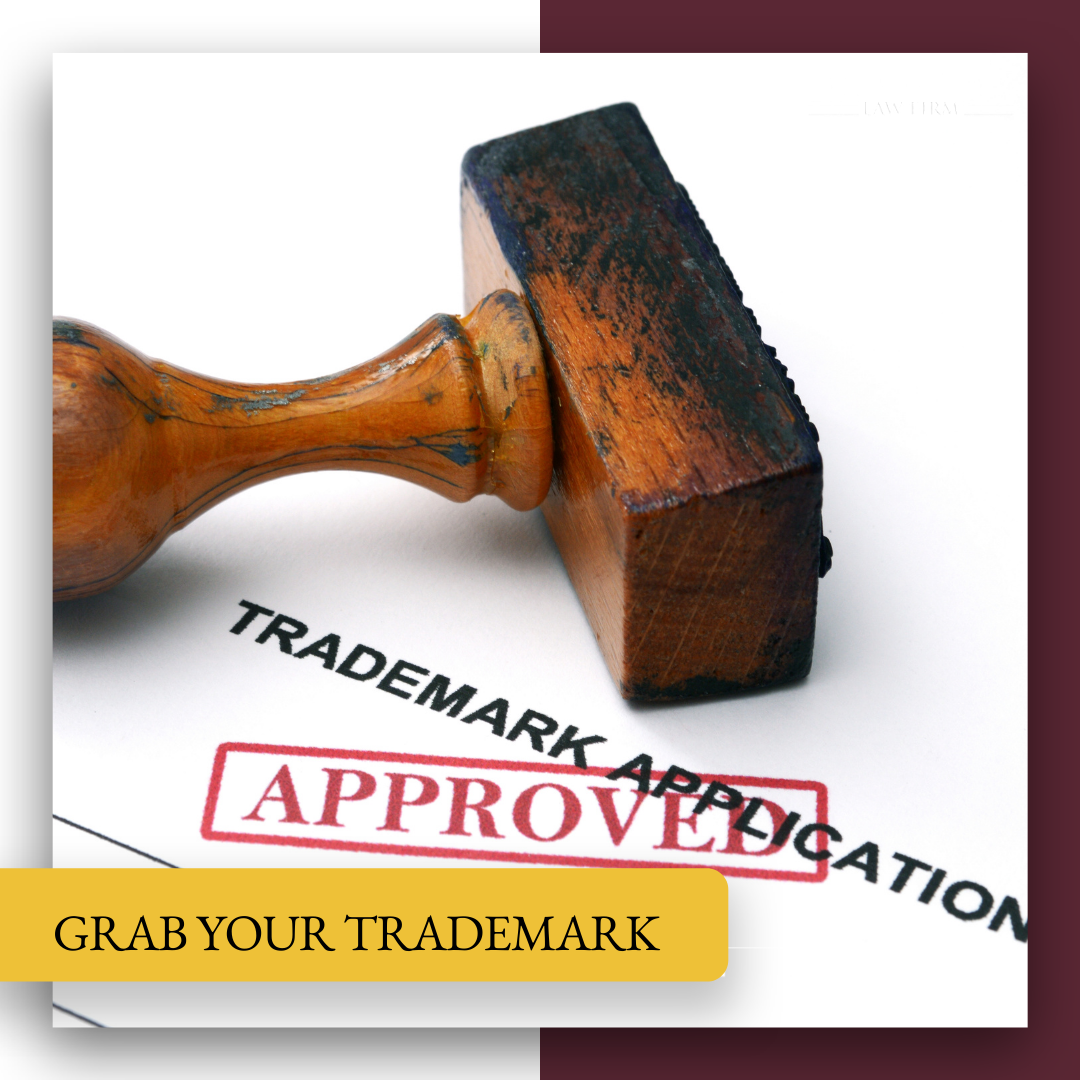Navigating Property Rights in the Turbulent Waters of Bankruptcy
When financial storms hit, and the prospect of bankruptcy looms, property rights become a focal point of concern. In this legal landscape, understanding how property rights are safeguarded in bankruptcy proceedings is pivotal. Let’s delve into the intricacies of property rights during bankruptcy and the legal measures in place to navigate these challenging waters.
Secured vs. Unsecured Debts: Impact on Property Rights
In the realm of bankruptcy, debts fall into two primary categories: secured and unsecured. Secured debts are tied to specific assets, such as a mortgage or car loan, while unsecured debts lack such collateral. Property rights are profoundly influenced by the distinction between these debt types, shaping the course of bankruptcy proceedings.
The Automatic Stay: Halting Creditor Actions
Bankruptcy initiates what is known as the automatic stay, a legal provision that brings a temporary halt to creditor actions against the debtor. This critical measure provides breathing room for individuals facing financial distress. During the automatic stay, creditors are barred from seizing property or pursuing foreclosure, offering a shield for the debtor’s property rights.
Exemptions: Protecting Essential Assets
Bankruptcy law recognizes the importance of safeguarding essential assets for debtors to maintain a basic standard of living. Exemptions come into play, allowing debtors to protect certain properties from being liquidated to repay debts. These exemptions vary by jurisdiction but commonly include primary residences, personal belongings, and tools of the trade.
Chapter 7 Bankruptcy: Liquidation and Property Rights
In Chapter 7 bankruptcy, often referred to as liquidation bankruptcy, the debtor’s non-exempt assets are sold, and the proceeds are used to satisfy creditors. Property rights are directly impacted as the bankruptcy trustee takes control of the liquidation process. However, exemptions play a crucial role in determining what assets remain protected from liquidation.
Chapter 13 Bankruptcy: Retaining Property through Repayment Plans
Unlike Chapter 7, Chapter 13 bankruptcy involves the formulation of a repayment plan, allowing debtors to retain their property while gradually paying off debts. This chapter provides a structured path for individuals to address financial challenges without sacrificing property rights. The court approves the repayment plan based on the debtor’s income and financial circumstances.
Mortgage Modification and Property Rights
For homeowners facing the risk of losing their homes in bankruptcy, mortgage modification becomes a potential lifeline. This process involves negotiating with lenders to modify the terms of the mortgage, making it more manageable for the debtor. Successfully navigating mortgage modification contributes to the preservation of property rights, especially concerning primary residences.
Avoidance Powers: Protecting Property from Creditors
Bankruptcy law includes avoidance powers, which enable the trustee to undo certain transactions made by the debtor before filing for bankruptcy. This may involve recovering assets or preventing preferences given to specific creditors. The exercise of avoidance powers aims to ensure equitable treatment among creditors and protect the integrity of the bankruptcy process.
Collateral, Liens, and Property Rights
Secured debts often involve collateral, and creditors may hold liens on specific assets. The treatment of collateral and liens in bankruptcy impacts property rights significantly. Bankruptcy proceedings determine whether the debtor can retain the property by reaffirming the debt, redeeming the collateral, or surrendering the property.
Connect with Property Rights in Bankruptcy Experts
For personalized guidance on navigating property rights in bankruptcy, visit Hore Legal. Understanding the nuances of bankruptcy law requires expertise, and Hore Legal specializes in providing comprehensive support for individuals facing the challenges of bankruptcy. Their expert guidance ensures that property rights are safeguarded throughout the bankruptcy process.
In the turbulence of bankruptcy, property rights are a focal point of concern. Navigating the complexities involves understanding the interplay between secured and unsecured debts, leveraging exemptions, and considering the nuances of different bankruptcy chapters. With the right legal guidance, individuals can weather the storm, protect their property rights, and emerge with a more stable financial foundation.




